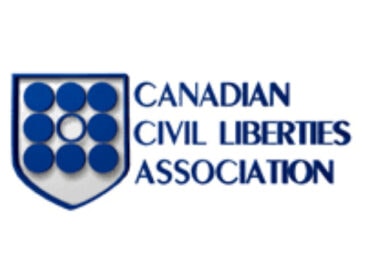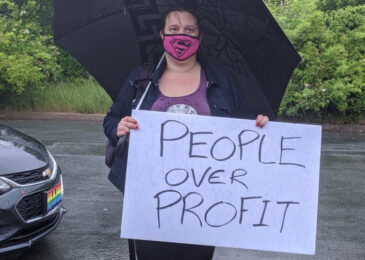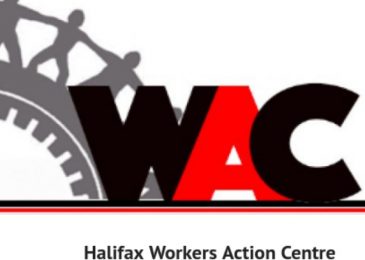Media release: Political decision to restore in-person learning creates anxiety and uncertainty in public school system
Media release: Premier Iain Rankin’s commitment to maintaining remote learning for the final few weeks of June brought closure and a level of certainty to students, teachers and families after COVID-19 ravaged the public school system in late April. Today’s announcement will generate more anxiety and needless confusion for families already struggling under the impacts of this pandemic, according to the NSTU.










